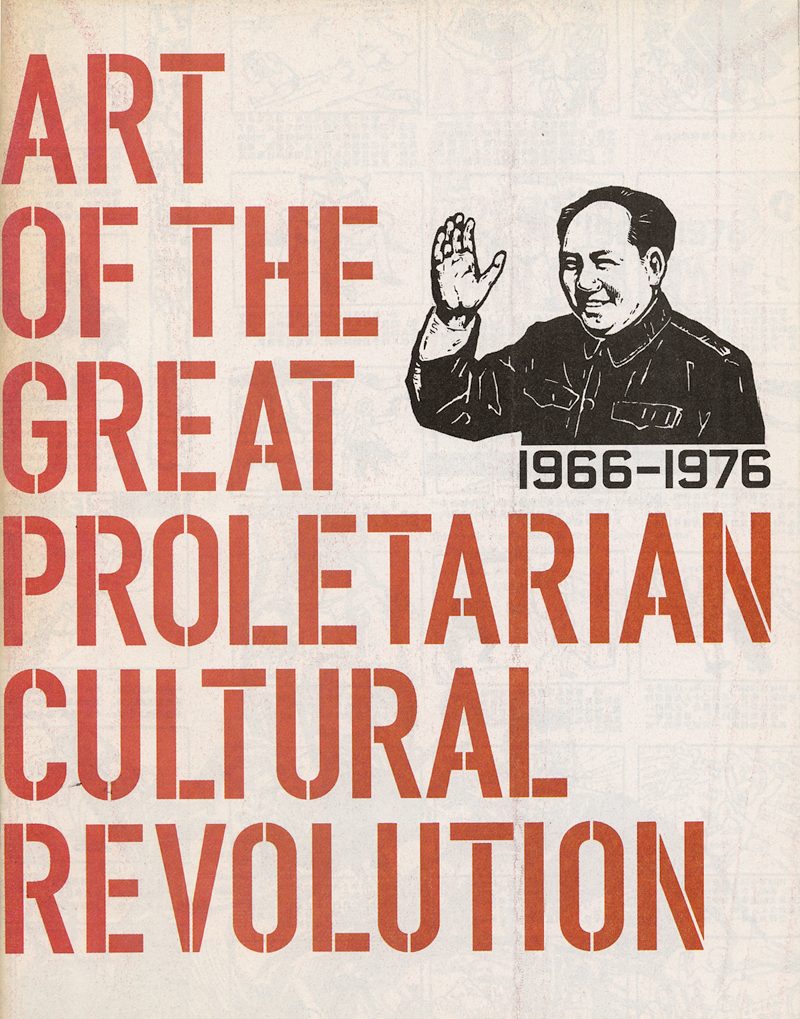The “Great Proletarian Cultural Revolution” is usually seen as abhorrent by the West. This politically motivated campaign would profoundly affect all aspects of Chinese life and society, not just for the ten years from 1966 to 1976, but up to the present as the formative life experience for a generation of Chinese writers and artists. Thus far, Western scholarship on this crucial period has focused more on the political than the cultural. Although the period is officially off limits in China and investigation is discouraged, in recent years there has been an immense interest in researching the period. Films of the five model operas and two ballets, produced collaboratively under the aegis of Jiang Qing, Mao’s wife, are today in wide circulation. A section of the Beijing flea market is devoted to Cultural Revolution material. This material is actively collected, auctioned and restored. However, continued political sensitivity has inhibited serious critical discussion of its cultural productions.
[more]
